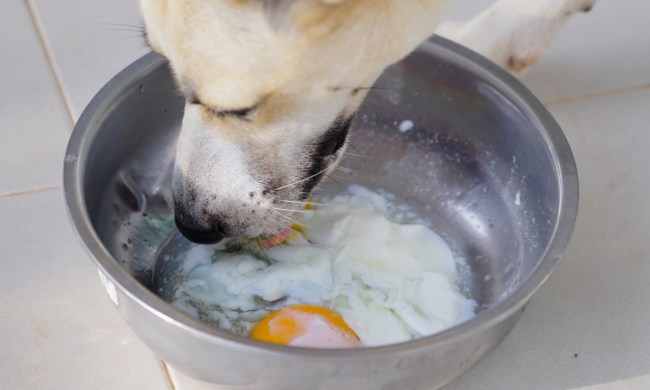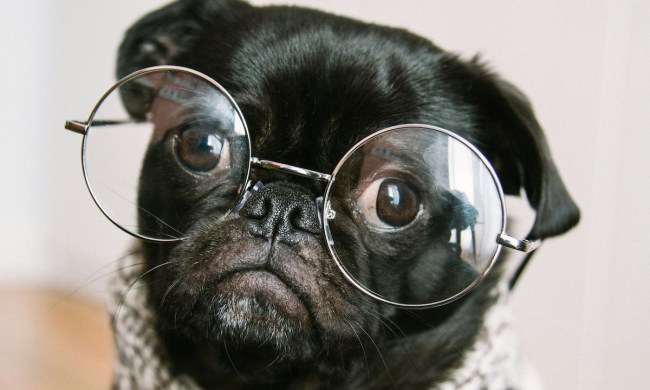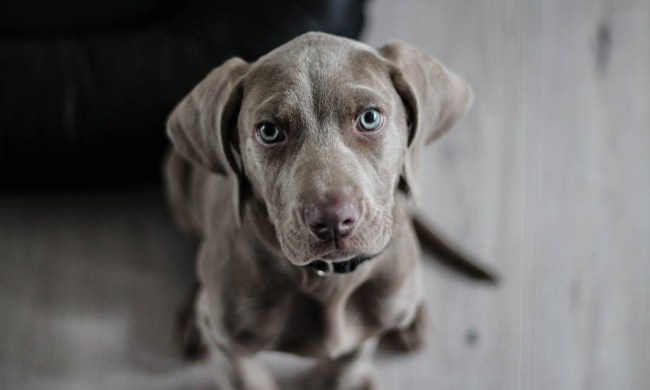The beautiful thing about dogs is the uniqueness that comes with each breed. Every breed was designed with some purpose. The physical characteristics of each breed make them interesting, unique, and beautiful in their own ways.
One interesting feature in a dog is a long neck. Long-neck dog breeds are greyhound, Chinese crested, Afghan hound, Great Dane, doberman, poodle, and xolo. Their long necks make them perfectly unique dogs and fun to admire. One thing you may not know is that these dogs need certain collars for their delicate necks. It is important to provide your long-neck dog with the best, most comfortable collar so they can live a happy, carefree life.
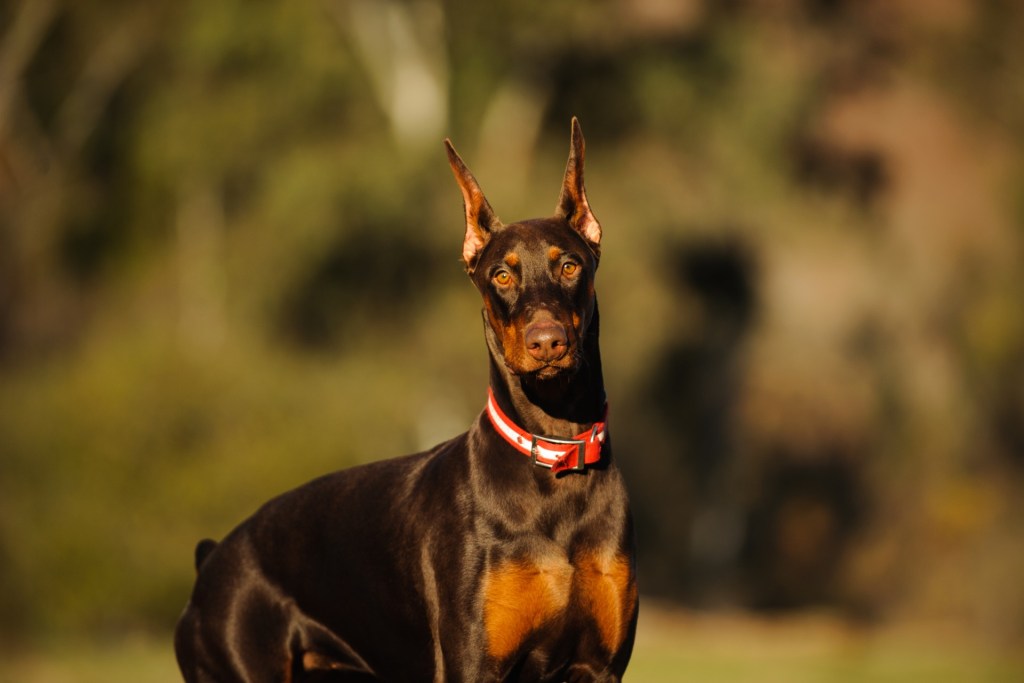
Width is everything
Anything that is long and thin typically lacks a super-strong structure. The same goes for long-neck dog breeds. Since their necks are so long and thin, a lot of pulling or pressure can cause injury to your dog’s neck. This is why a thick, wide collar works best for these dog breeds. A wide collar provides more support to your dog’s neck. When you pull on the leash, the collar will pull the neck more consistently, which will help prevent strain. A thinner collar would only pull one small portion of the neck, which would likely result in injury.
Look for collars that are between 1.5 and 2.5 inches. This will allow for thick, strong support during leash walking. Make sure the width is comparable to the size of your dog. The width will be different for a small, long-neck breed like the Chinese crested versus for the massive Great Dane.
Shop Wide Dog Collars at Chewy Now!
Material for comfort
Some long-neck breeds, like the poodle or Chinese crested, lack hair on their necks. Other long-neck breeds, like the Great Dane or greyhound, have short, thin fur along the body. Because of this, it is important that the collar is made of the best, most comfortable material to avoid skin irritation.
Nylon is a go-to material for nearly all dog collars. Nylon is lightweight and durable, and it won’t irritate your dog’s skin. Nylon also tolerates water, so it is great for any dog who loves to get wet. It dries quickly and is soft enough to ensure no rubbing against your dog’s skin.
Leather is another option for long-neck dogs. This material is sturdy and smooth. It will help keep your dog’s neck supported and won’t rub, which means no skin irritation. Regardless of what material you choose for your long-neck dog’s collar, ensure it is one that feels comfortable to the touch and works well against your dog’s skin. Long-neck breeds typically have little to no fur, so it is important that their skin is always protected and kept healthy.
Padding is a must
Padding makes any object a thousand times more comfortable. Why not give that luxury to your dog? A padded collar creates thick, comfortable support around your dog’s neck. Padding will help your dog’s neck remain protected when they pull on the leash. It is important to make sure that the padding is made of comfortable, non-irritating material so your pup will love wearing it all day.
Shop Padded Collars at Chewy Now!
Keep it light
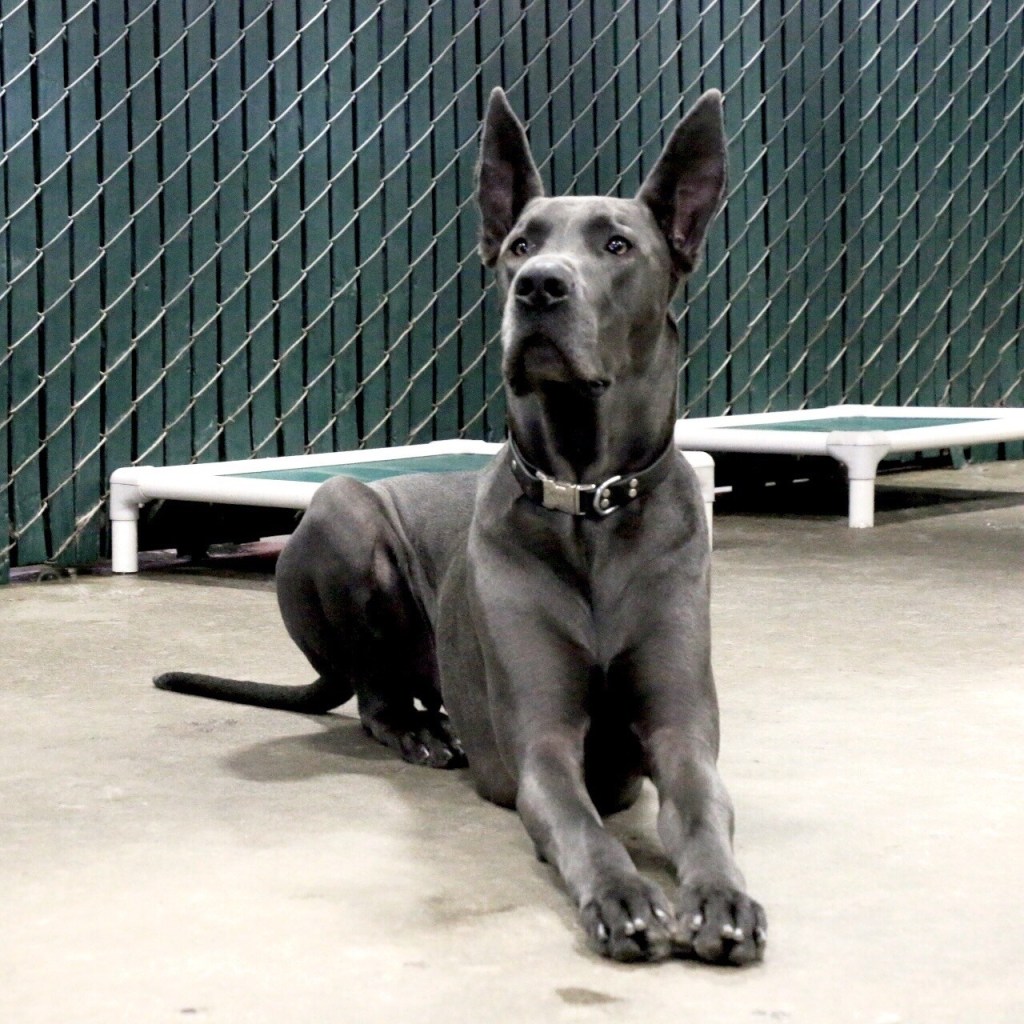
As previously mentioned, the necks on long-neck breeds are delicate. They are long and thin, and have to carry the weight of a big, heavy head. It is important that you don’t add extra, unnecessary weight to your dog’s delicate neck. Look for collars made from lightweight, flexible material. This will ensure that your dog’s neck doesn’t get tired or become strained. Most dogs wear their collars 24/7, so it is important that it is comfortable and easy to wear. Your dog will thank you with endless love and affection when you get them a light, comfortable collar to call their own.
Long-neck dog breeds are in a category all their own. They have delicate necks and skin that requires the best products to ensure a healthy, strain-free life. It is important to do your research and find the best collar options for your pup. Ensure the collar is wide, made from comfortable material, includes padding, and is lightweight.
You will see a huge difference in your dog’s excitement and energy levels when you get them a new, comfortable collar designed specifically for their perfectly long neck. Check out our guide on how to make a dog harness out of rope for more.
